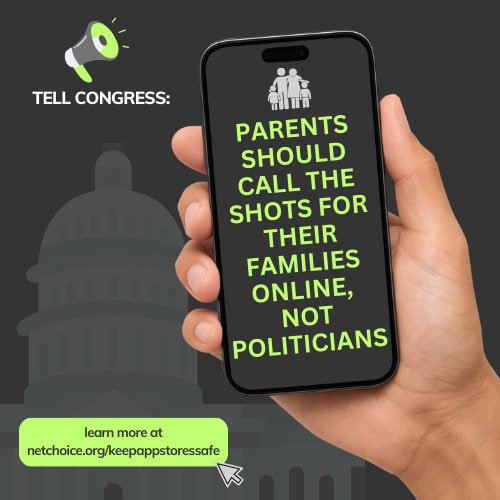Let’s time-travel to September 2026, just weeks before the midterm elections: Campaign fundraising reports just published and major news outlets from Politico to The Washington Post issue dire warnings about Republicans being swamped by the liberal fundraising machine and barrelling towards defeat in November.
It’s not difficult to imagine –– it’s the same story every cycle.
The outcomes vary but Democrats reliably stand in a stronger –– sometimes overwhelming –– financial position than Republican candidates deep into the campaign season. This year, though, the alarm bells are ringing already if you know how to hear them.
In this cycle’s first quarterly fundraising reports, House Republicans are outpacing their Democrat counterparts. But underneath the hood, you’ll find that an average of 18 percent of Democrats’ total receipts came from “unitemized” individual donors, the best proxy for grassroots fundraising –– Republicans have just half that. In the Senate, just 5 percent of Republicans’ average quarterly fundraising came from small dollar donors compared to 44 percent for Democrats.
That is the real dire warning. And unless Republicans act now to address the cultural roots of their fundraising disadvantage, we will again find ourselves on defense down the homestretch, overly reliant on major donors to bail out our candidates and level the playing field.
Closing the fundraising gap requires addressing why it exists in the first place. Democrats had a significant multi-cycle headstart on prioritizing online fundraising and Republicans have been stuck playing catch-up; and now, the Republican Party’s coalition has become more working class, while Democrats are buoyed by wealthier, more educated supporters.
Democrat donors are also wired differently. The Center for Campaign Innovation’s 2024 Post-Election Survey found that Democrat donors were 12 percent more likely to donate to federal candidates, and more than twice as likely to prioritize a candidate with a good chance of winning. Put differently, Democrat donors give more and are making a bigger impact than their Republican counterparts.
Fortunately, Republicans have the tools they need to compete. With President Donald Trump’s leadership, WinRed leveled the technological playing field for party fundraising infrastructure. In fact, WinRed pioneered features not present on ActBlue that help Republicans raise more money with each transaction.
Republicans’ challenges are tactical, not technical.
Democrats are more effective in coordinating their efforts across the party. Consider Sen. Cory Booker’s (D., N.J.) recent marathon filibuster. It culminated in an online fundraising blitz, but it was far more than the New Jersey senator who benefited. Booker’s team coordinated with dozens of other Democrats and organizations to send aligned fundraising messages to their email and text lists at the same time, splitting contributions 50-50.
Booker’s theatrics made for some good laughs –– but for Democrats, it made a lot of money.
Republicans can monetize moments, too.
Republicans must also reduce the volume of fundraising solicitations. During a focus group last November, we asked individuals who had donated to Republican campaigns to estimate the percentage of fundraising asks they received: the average was 73 percent. We then asked them for their recommendation: 52 percent.
If Republicans want to avoid being overwhelmed by Democrats’ online money machine, we need to focus on more deliberate coordination of fundraising efforts and addressing donor frustrations with the volume of asks now.
Eric Wilson is the executive director of Center for Campaign Innovation.
